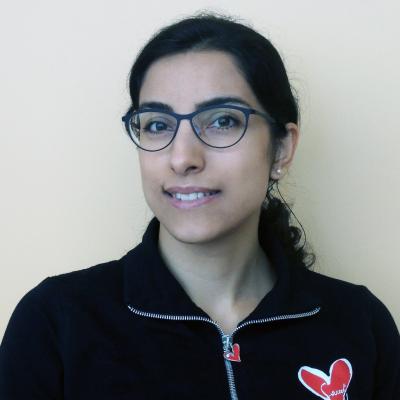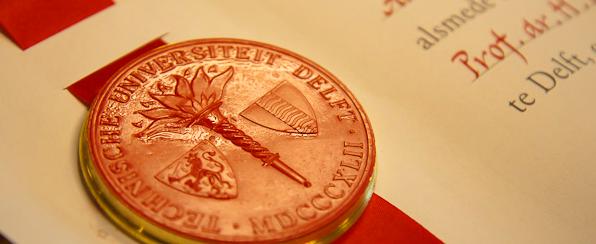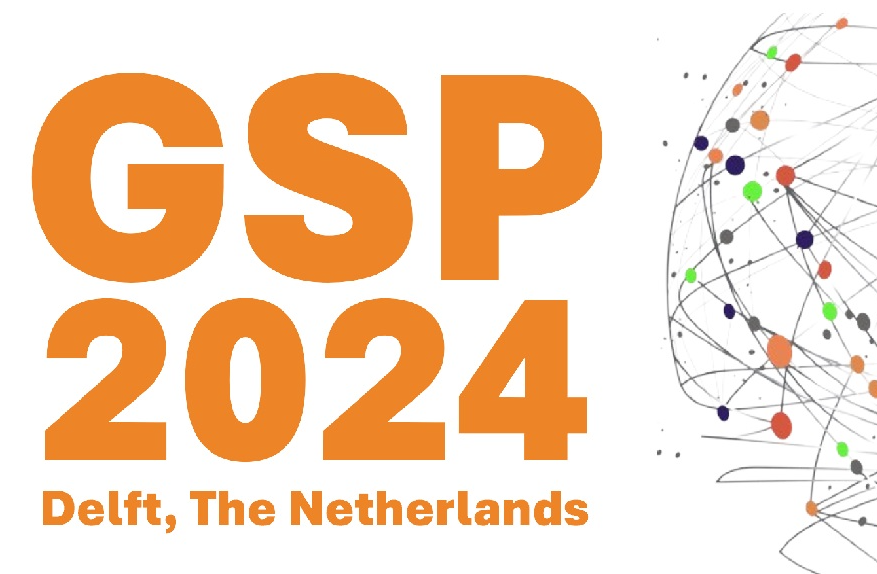Agenda
PhD Thesis Defence
- Tuesday, 22 November 2016
- 10:00-11:30
- Frans van Hasseltroom of the Aula
Gigabit Wireless Transmission in Dispersive Environments
Seyran Khademi
The advent of the digital era has revolutionized many aspect of our society and has significantly improved the quality of our lives. Consequently, signal processing has gained a considerable attention as the science behind the digital life. Among different applications for signal processing theory and algorithms, wireless communications remains one of the attractive and popular ones due to the widespread use of mobile devices.
This thesis is dedicated to develop signal processing algorithms to design highspeed wireless transceivers that can perform in highly reflective and harsh environments. The start of this research work initiated as a collaboration between TU Delft and an industrial partner, on a research aimed at short range gigabit wireless link within a lithography machine. The underlying unique wireless environment, together with the challenging specifications of the communication link for mechatronic systems, made this a compelling research project.
The first part of this research work focuses on constructing a reliable propagation model for dispersive environments, based on actual measurements. In our opinion it is crucial to have decent models to build effective theory and applications upon it. We developed a statistical channel model for the 60 GHz band for the extreme case of a confined metal enclosure in order to evaluate and test the existing signal processing algorithms under such pessimistic ambient conditions. This unique experiment opened up new research challenges to look back to popular design paradigms and reevaluate them with respect to the proposed channel model with a delay spread in the order of miliseconds. The concept of orthogonal frequency division multiplexing (OFDM) transmission was revisited and a customized OFDM system was designed which meets the data rate requirements of the mechatronic system of interest. The effectiveness of the proposed OFDM design was examined via Matlab simulations using the measured and modeled channels. Interestingly, the performance of the OFDM system is not heavily affected by the frequency selectivity of the extreme propagation environment. The loss is mainly due to the time guard that is dedicated to avoid interference between consecutive OFDM blocks, suggesting the use of longer OFDM blocks to minimize the bandwidth loss.
The second part of this thesis is dedicated to multiple-input multiple-output (MIMO) systems versus the single-input single-output (SISO) system which was studied in the first part. The emphasis is on general challenges in high speed (wideband) communication systems rather than the specific wireless link within a mechatronic machine. Challenging research questions are posed regarding the design and implementation of MIMO systems. This part starts with a brief introduction to such systems and redefining our system model with respect to the MIMO setting and it continues by revisiting the timely problem of peak-to-average power-ratio (PAPR) reduction in OFDMsystems, which deals with stochastic (data-dependent) OFDM waveforms, and the proposal of an effective algorithm to handle this challenge within the MIMO context . The hard problem of antenna selection for MIMO system was considered at the end by investigating different linear precoding designs subject to the realistic hardware constraints including per antenna power constraints (rather than conventional total power constraint) and limited number of RF chains.
Additional information ...
Agenda
- Tue, 30 Apr 2024
- 10:00
- HB18.090
MSc SPS Thesis presentation
Wim Kok
A SystemC SNN model for power trace generation
- Mon, 6 May 2024
- 12:30
- Aula Senaatszaal
PhD Thesis Defence

Christoph Manss
Multi-agent exploration under sparsity constraints
- Tue, 21 May 2024
- 10:00
- Aula Senaatszaal
PhD Thesis Defence

Wangyang Yu
- 27 -- 28 May 2024
- Aula, TU Delft
Conferences

44th Benelux Symposium on Information Theory and Signal Processing (SITB'24, Delft)
- Tue, 18 Jun 2024
- 15:00
- Aula Senaatszaal
PhD Thesis Defence

Hanie Moghaddasi
Model-based feature engineering of atrial fibrillation
- Mon, 24 Jun 2024
- Aula, TU Delft
Conferences
